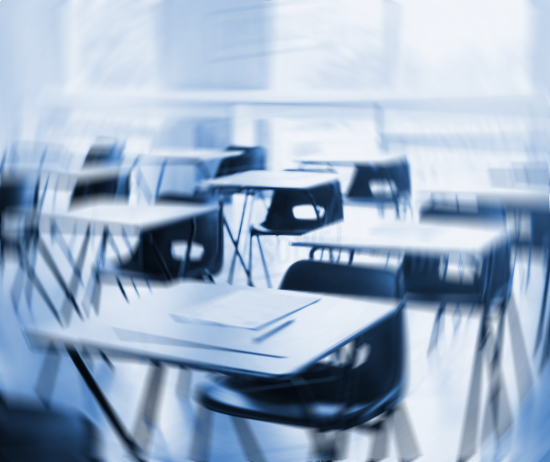Classroom air risks highlighted
 Experts want schools to be modified to greatly enhance ventilation.
Experts want schools to be modified to greatly enhance ventilation.
Science network OzSAGE says schools should be given the same treatment as NSW Parliament, where the ventilation system has been upgraded so that the air is exchanged with fresh supplies eight times every hour.
“To create safe schools, we need to focus on safe air because airflow is a key factor in reducing the risk of COVID transmission,” says occupational hygienist and scientist Kate Cole, speaking on behalf of the group.
The group is calling for the installation of high-efficiency particulate air (HEPA) purifiers, which pump air through filters to remove tiny virus particles from the air.
HEPA filters are being introduced in several overseas jurisdictions, and a number of local private schools are looking at the technology.
New South Wales Education Department deputy secretary Ruth Owen said in a recent webinar that the department is focused on natural ventilation, and that “no one with any scientific or medical qualifications” had shown evidence that air purifiers or filters would help with ventilation more than windows or doors.
But OzSAGE says air purifiers are needed when natural ventilation is not sufficient to improve airflow.
The group includes leading epidemiologist Dr Tony Blakely and Professor Lidia Morawska, who is on Time magazine’s list of 100 most influential people of 2021 for her work on aerosol transmission of COVID-19.
“While opening windows is good, that doesn’t always prevent the build up of contaminated air effectively,” Ms Cole said.
“There are some very simple strategies that can be used to check this, including the use of CO2 monitors [to see how much carbon dioxide is building up in those spaces]. It’s a really fantastic surrogate for us to understand if a space is a high risk, or if it’s a low risk.”
Specifically, when carbon dioxide concentrations indoors reach above 800 parts per million. getting fresh outdoor air into the space becomes extremely difficult.
“That would be the point we recommend the use of things like portable HEPA [high-efficiency particulate air] purifiers,” Ms Cole said.
“The use of HEPA purifiers has been proven to efficiently remove microscopic airborne particles, including respiratory viruses, from air in high occupancy spaces like classrooms.”
OzSAGE says the upgrades are especially important for students in special schools and from disadvantaged, rural and remote communities.
Victoria says ventilation assessment, CO2 monitors and particle filters will be part of its back-to-school plan.







 Print
Print